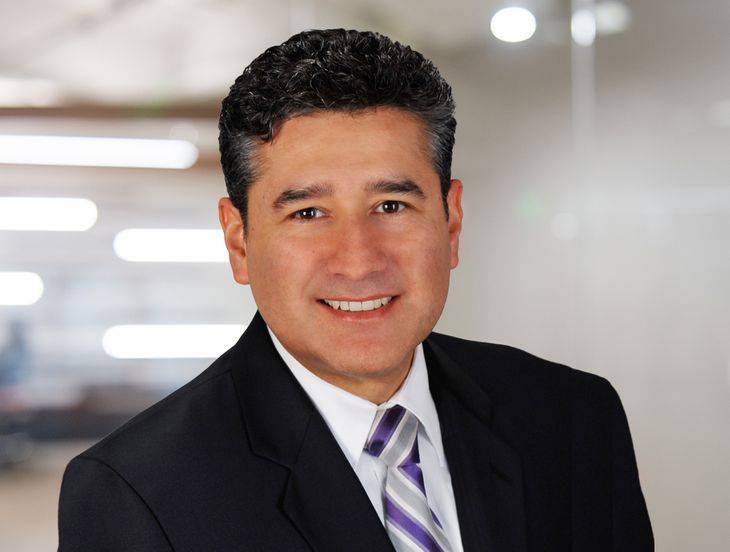California Employers Receive Guidance On Transgender Employees
Insights
3.03.16
California employers recently received additional direction regarding their responsibilities with respect to transgender employees. California’s Department of Fair Employment and Housing (DFEH) issued guidance clarifying transgender employees’ rights in the workplace, and although the document is not legally binding, you would be well-served to consider its message.
Guidance Complements Existing State Law
California’s foremost antidiscrimination statute, the Fair Employment and Housing Act, has specifically prohibited employment practices that discriminate based on an employee’s gender identity and gender expression since 2012. However, following recent lawsuits regarding the rights of transgender employees, the DFEH felt it necessary to highlight and clarify this part of the law while answering employers’ most commonly asked questions.
Who Is Protected By The Law?
The DFEH’s guidance explains that there are two types of gender transition which a transgender person might undergo. First, “social transition” involves a process of socially aligning one’s gender with the internal sense of self (changes in name and pronoun, bathroom facility usage, participation in activities like sports teams, etc.). Second, “physical transition” refers to medical treatments an individual undergoes to physically align their body with internal sense of self, such as hormone therapies or surgical procedures.
The guidance makes clear that a transgender person does not need to complete any particular step in a gender transition to be protected by state law. Therefore, you may not condition your treatment or accommodation of a transitioning employee on the completion of a particular step in the transition.
What Questions May Employers Ask?
You may continue to ask questions relevant to an employee’s employment history and may ask about personal references and other non-discriminatory questions. However, the DFEH recommends that you should not ask questions designed to detect a person’s sexual orientation or gender identity. Prohibited questions may include questions about a person’s marital status, spouse’s name, relation of household members, or whether a person plans to have surgery.
How May Employers Implement Dress Codes And Grooming Standards?
If you require a dress code, you must enforce it in a non-discriminatory manner. In other words, you cannot deny an employee the right to dress in a manner suitable for that employee’s gender identity. For example, a transgender woman must be allowed to dress in the same manner as non-transgender women, and her compliance with the dress code cannot be judged more harshly than non-transgender women.
What Obligations Do Employers Have With Respect To Bathrooms, Showers, And Lockers?
Transgender employees have the same rights as other employees to use safe and appropriate restroom facilities. This includes the right to use a restroom that corresponds to their gender identity, regardless of the employee’s assigned sex at birth.
You may provide a unisex single-stall restroom for any employee who desires increased privacy. However, use of such a restroom should always be a matter of choice for all employees, including transgender employees.
Employers Should Pay Attention
While the law prohibiting discrimination against transgender persons is not new, the DFEH’s guidance provides useful information to aide you in interpreting your compliance obligations with regard to this important developing civil rights issue.
If you have any questions about this guidance, or how it may affect your business, please contact your Fisher Phillips attorney or one of the attorneys in our California offices:
Irvine: 949.851.2424
Los Angeles: 213.330.4500
San Diego: 858.597.9600
San Francisco: 415.490.9000
This Legal Alert provides an overview of a specific DFEH publication. It is not intended to be, and should not be construed as, legal advice for any particular fact situation.
Related People
-
- Juan C. Araneda
- Partner
